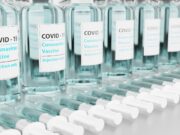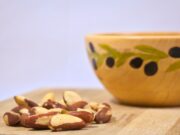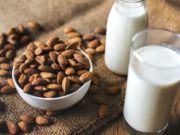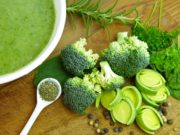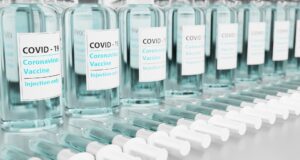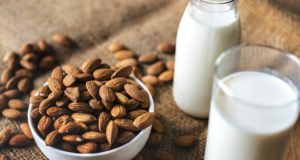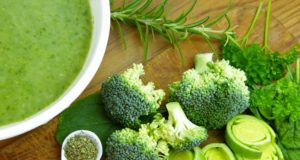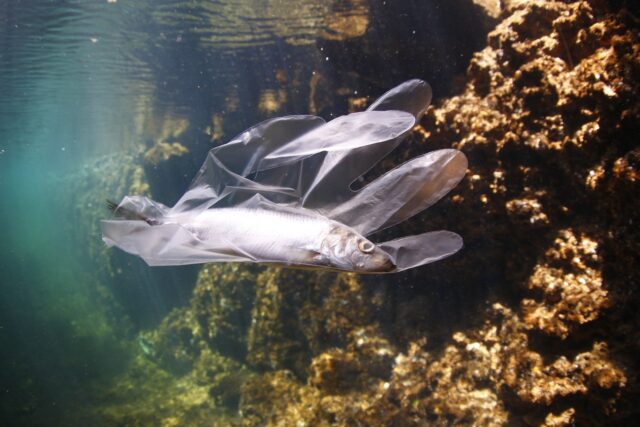The documentary from Sky News ‘A Plastic Tide’ is spellbinding and virtually foretells of the inevitable Doomsday against all living species, not just those that inhabit the seas but this our own very origins.
World of plastics rapidly are destroying our world. Climate change contains its own likely horrors. If one follows the speed ice melt in at both Polar Caps, this itself likely catastrophic.
BUT by the time our oceans rise those still debated several meters, that water will already be uninhabitable! AND for some while!
Richard Thompson, professor and marine biologist at the University of Plymouth interviewed. This same Plymouth English town, of Elizabethan Sir Francis Drake renown.
Thompson sensibly sees the real problem being SINGLE-USE PLASTIC. This comprises about 40% of all plastics now produced.
It is this volume that produces 300 million tons of plastic material yearly. All eventually winding it’s destructive way to the ocean.
There are “one or two pieces of plastic in 1 cubic meter (35.1 cubic feet) of seawater,” says Thompson. This is a massive amount of plastic in water bodies.
The microplastics “open up the potential of ingestion” to a wider amount of fish that would not eat larger plastic pieces.
Illustration of shocking of fecal rotting 190 ton plastic carcass under London’s River Thames.
This in 2017, of wet wipes, and other throwaway plastic items, into the toilets of London.
Tampons combined with a mass of indestructible plastic materials all flushed to theoretical oblivion.
This volume weighing as much as in classic English description, of ‘eleven of their double-decker London buses’!
Sewer worker interviewed, simply states the obvious:
The only thing that should go down a toilet is paper! The mass they are looking at is symbolic of our human nature that ‘out of sight is out of mind’.
That plastic mess is indestructible and will rapidly end the viability of our oceans if not all waterways.
Plastic waste is deadly to marine life. Turtles suffocate while trapped in plastic.
Fish starve to death because the plastic gives them a false sense of satiety. Plastic bags resemble jellyfish to marine species that then eat them.
All the seabirds have “plastic in their stomach,” says Jan Van Franeker, a scientist with Wageningen Marine Research, Netherlands.
In Belgium, Mussels, a mainstay of Belgian cuisine, are showing the effects of marine plastic pollution because of the huge amount of water they filter through their bodies.
Thanks to Dr. Mercola the following list helps:
- Don’t use plastic bags. Opt for reusable bags, especially for groceries
- Bring your own mug for a coffee drink, and skip the lid and straw
- Instead of buying bottled water, bring water from home in glass water bottles
- Make sure the items you recycle are recyclable
- Store foods in glass containers or Mason jars, not plastic containers or freezer bags
- Bring your own leftovers container when eating out
- Avoid processed foods, which are typically sold with plastic wrapping or plastic-lined paper boxes. Buy fresh produce and use vegetable bags brought from home
- Request no plastic wrap on your newspaper and dry cleaning
- Use nondisposable razors, washable feminine hygiene products, cloth diapers and rags in lieu of paper towels. (Old shirts and socks make great cleaning rags)
- Avoid disposable utensils and straws and buy foods in bulk when you can
- Buy clothes and other items at secondhand stores. Microfibers found in newer clothing can be as destructive as plastic grocery bags
- Buy infant toys and even pet toys made of wood or untreated fabric, not plastic
Demand reduction in plastics from the companies that make and sell our food. Thanks to plastic bags, plastic food packaging and bottled beverages, grocery stores and food manufacturers are likely the largest contributors to our plastic pollution problem. Devastating Plastic Scourge Unlimited.







